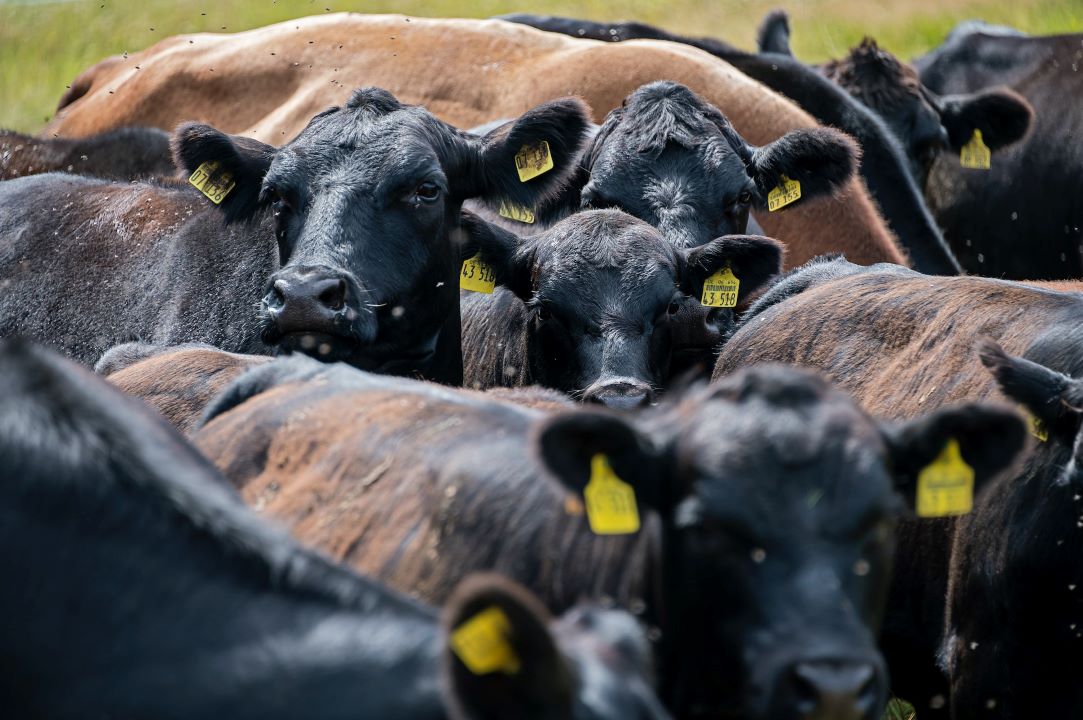Meat products are responsible for more than half of food-related greenhouse gas emissions. Beef from South America ranks among the most significant contributors to CO2 and methane. If an individual wants to reduce the food industry’s impact on the environment, he can limit meat consumption and choose the appropriate origin of meat products.
The Meat Industry Produces Half of the Greenhouse Gas Emissions in the Food Industry
According to a study by the University of Oxford, food production is responsible for 25% of all emissions. The meat industry produces more than half of greenhouse gas emissions, despite providing only twenty percent of energy intake from food. Analyzes of data from almost 40,000 farms showed that beef and lamb had the biggest impact.

Average beef from South America uses ten times more land and produces three times the amount of greenhouse gases than European beef. In addition, cattle raised on deforested land, which is the case for South American producers, are responsible for 12 times more greenhouse gas emissions than cows bred on natural pastures.
Vegan Diet and Choosing the Food Origin Can Help the Planet
Eliminating meat and dairy products, or switching to a plant-based diet, is one of the best ways that an individual and society can help fight climate change and reduce the impact on the environment – according to the main report of the UN’s Intergovernmental Panel on Climate Change (IPCC). By changing our diet, we can reduce the carbon footprint of food by two-thirds.

“What we eat is one of the most powerful drivers of most of the world’s major environmental problems, whether it’s climate change or biodiversity loss,” said researcher, Joseph Poore of the University of Oxford, told BBC News.
The choice of food origin is of great importance. Chocolate and coffee originating from deforested rainforests produce relatively high greenhouse gases. Tomatoes grown outdoors are much more environmentally friendly than crops grown in heated greenhouses.
Poore analyzed data in collaboration with Thomas Nemecek from the Department of Agroecology and Environmental Research in Zurich, Switzerland. The researchers assessed the impact of food on greenhouse gas emissions, land amount, and freshwater consumption in all stages of food production, including processing, packaging, and transportation.
Source: BBC.com, pixabay.com, unsplash.com




